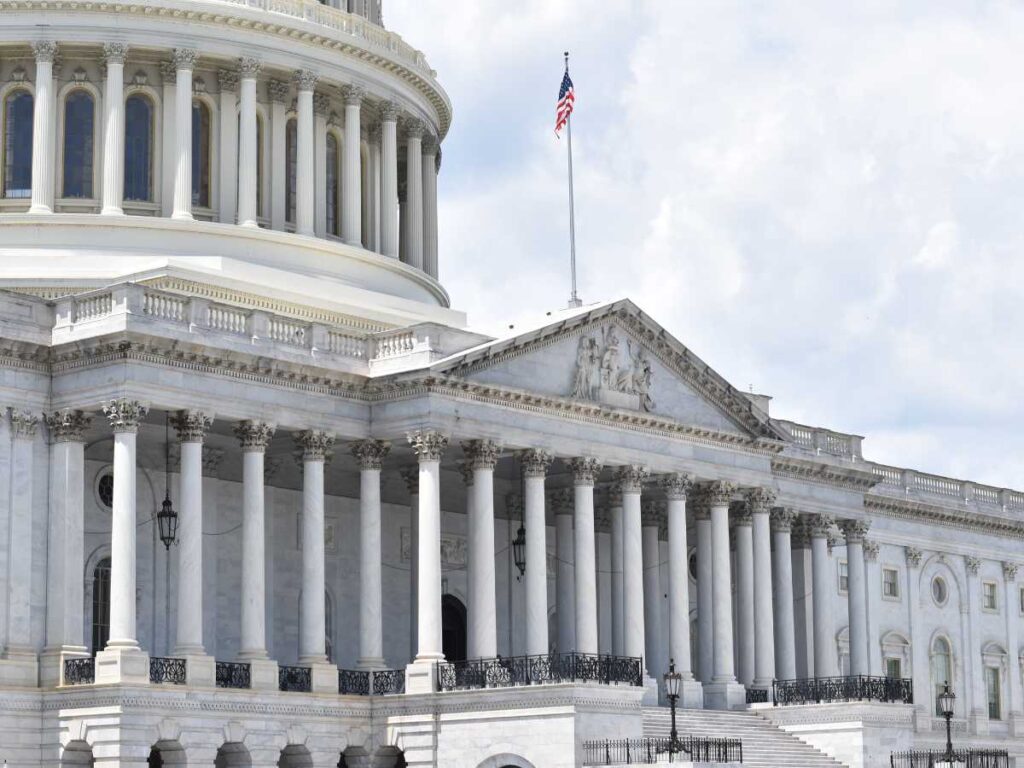Why does the government sometimes use no bid contracts?

Government contracting is a complex landscape, and one intriguing aspect is the occasional use of “no-bid contracts.” While the competitive bidding process is the norm, there are instances where the government opts for a no-bid approach. Let’s delve into the reasons behind this decision. Urgency and Time Sensitivity: In situations where time is of the […]
